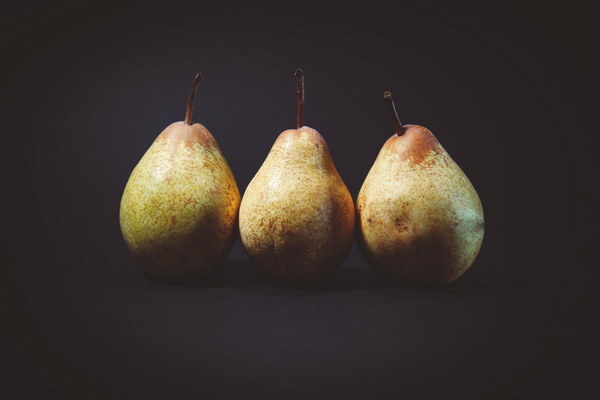The Key to Health Prioritizing Lung Care in Traditional Chinese Medicine
In the realm of traditional Chinese medicine (TCM), it is widely believed that the foundation of good health lies in the proper care and nourishment of the lungs. The lungs, as the primary organ responsible for breathing and oxygenation, play a crucial role in the body's overall well-being. This article will explore the importance of lung health in TCM and provide practical tips on how to maintain optimal lung function.
According to TCM, the lungs are considered the root of life and are closely linked to the respiratory system, skin, hair, and immunity. The lungs are responsible for taking in fresh oxygen and expelling carbon dioxide, which is essential for the proper functioning of the entire body. When the lungs are healthy, the body can efficiently exchange oxygen and nutrients, leading to enhanced physical and mental health.
Here are some key reasons why lung health should be a priority in your wellness journey:
1. Immune System Support: The lungs are the first line of defense against pathogens. A strong immune system is crucial for protecting the body from infections and diseases. By focusing on lung health, you can strengthen your immune system and reduce the risk of respiratory illnesses.

2. Energy and Vitality: In TCM, the lungs are closely associated with the concept of qi (vital energy). When the lungs are healthy, qi flows smoothly throughout the body, resulting in increased energy levels and vitality.
3. Skin and Hair Health: The lungs are responsible for the distribution of nutrients and oxygen to the skin and hair. By maintaining healthy lungs, you can enjoy clearer, more radiant skin and stronger, healthier hair.
4. Emotional Well-being: The lungs are also connected to the emotions of sadness and grief. By caring for the lungs, you can improve your emotional health and reduce feelings of sadness or melancholy.
To promote lung health, consider the following tips:
1. Practice Deep Breathing: Deep breathing exercises, such as diaphragmatic breathing, can help improve lung capacity and oxygenation. Spend a few minutes each day focusing on your breath, inhaling deeply through your nose and exhaling slowly through your mouth.
2. Avoid Smoking and Pollution: Smoking and exposure to air pollution can significantly damage your lungs. If you are a smoker, consider quitting, and try to minimize exposure to smog, dust, and other harmful pollutants.
3. Stay Hydrated: Adequate hydration is essential for lung function. Drink plenty of water throughout the day to keep your respiratory system healthy.
4. Eat a Nutritious Diet: Incorporate lung-boosting foods into your diet, such as ginger, turmeric, garlic, and green leafy vegetables. These foods can help reduce inflammation and support lung health.
5. Practice Tai Chi or Qigong: These ancient Chinese exercises focus on breathing and movement, which can improve lung function and overall health.
6. Get Regular Exercise: Regular physical activity can enhance lung capacity and improve cardiovascular health. Aim for at least 30 minutes of moderate exercise most days of the week.
7. Manage Stress: Stress can negatively impact lung health. Find healthy ways to manage stress, such as meditation, yoga, or spending time in nature.
In conclusion, prioritizing lung health is a crucial aspect of achieving overall wellness. By incorporating these tips into your daily routine, you can improve lung function, support your immune system, and enhance your emotional well-being. Remember, in the words of traditional Chinese medicine, The key to health is in the breath.









